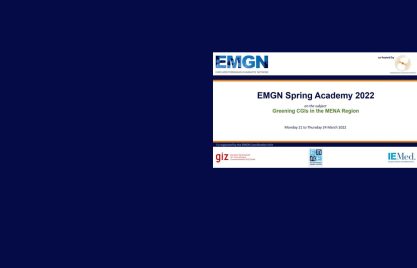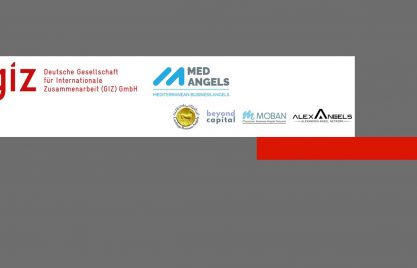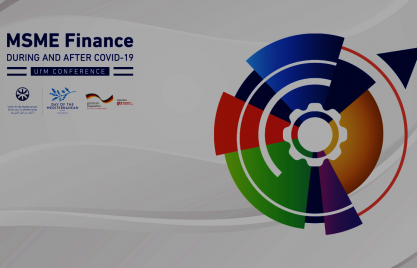With currently 65.6 million people worldwide,[1] the number of FDPs has never been higher. This group often does not have adequate access to appropriate financial services, which can contribute to improving their resilience. Panelists at the 2017 GPF elaborated the core issue of regulations and identification of solutions.
Aside from the physical, psychological and emotional challenges FDPs face, safely storing money, building up savings, receiving money from relatives and friends, and payments are vitally important for them to manage very essential everyday money matters. They often do not have adequate access to appropriate, fast, cost-effective and safe financial services. Means of digital finance, such as mobile money, hold promise to open a very convenient gateway to such services for the particular vulnerable group of FDPs, alongside the vast numbers of financially underserved and excluded people. Apart from low digital literacy levels among FDPs, the host countries’ legal and regulatory framework pose a key challenge for digital financial services (DFS) for FDPs.
The importance of promoting financial inclusion for refugees has been widely recognized on the global level. A thorough report published under the German G20 Presidency examines the current views and national regulatory approaches for addressing the financial inclusion of FDPs and provides a road map to this end.
The panelists discussed different country cases of regulations and on-the-ground experience. Many countries have high requirements for proof of identity, while FDPs typically lack a proper form of identification such as passports or IDs, which prevents large numbers from registering with a DFS provider to access mobile financial services.
- In Kenya, where identification and registration is mandatory in order to obtain a SIM card, the World Food Program has developed a solution using a single functional SIM card allowing users to receive financial support into their mobile wallets. This proved to be 15% more cost-efficient than standard ways of providing refugees with financial support.
- Other countries like Tanzania have slightly adjusted their regulations, which allows refugees registered with the UNHCR to open an e-wallet with a letter from the head of their camp. With this they can receive their assistance digitally and purchase products at specific shops using their mobile phone.
- In Jordan which has experienced a huge influx of refugees particularly from Iraq and Syria, solutions for digital cash assistance were needed to quickly reduce the vulnerability of these persons. The UNHCR is providing each registered refugee with a SIM card for all types of mobile network services available on the Jordanian market.
In 2015, GSMA launched the Humanitarian Connectivity Charta to promote improving the access to communication and information technology for those affected by crises. This Charta is a commitment by the private mobile network operators to deliver adequate products and services to current and potential customers. However, the private sector reiterates a need for political and regulatory support mainly in the field of identification and registration for services, also known as Know-your-customer (KYC) rules.
Therefore the dialogue and the cooperation between the public and private sectors has to be encouraged to elevate the issues of FDPs at the international level and create national regulatory frameworks conducive to reducing existing barriers and improving FDPs’ financial access. Ms. Maha Bahou from the Central Bank of Jordan encouraged governments and central banks “to be more revolutionary,” promoting a holistic approach to adequate financial products and services for FDPs.
By Bilal Yan Hagen
[1] UNHCR figures: http//www.unhcr.org/en-my/statistics/unhcrstat/5943e8a34/global-trends-forced-displacement-2016.html



